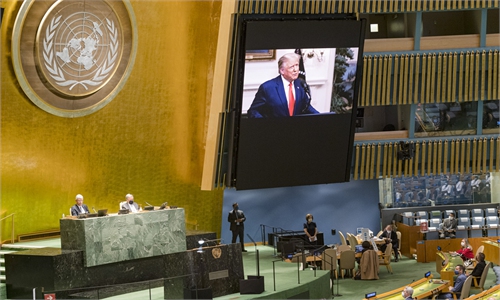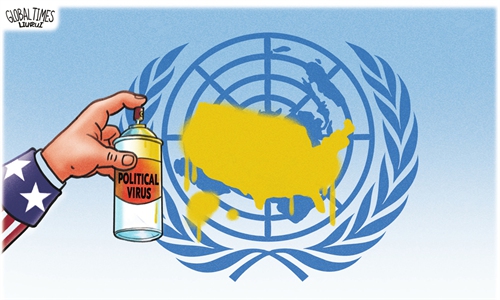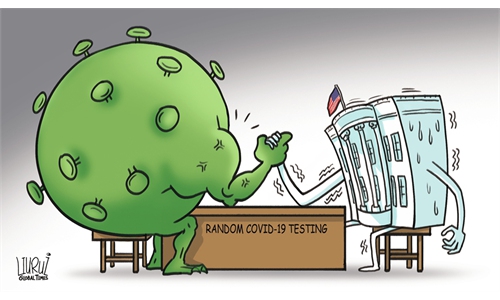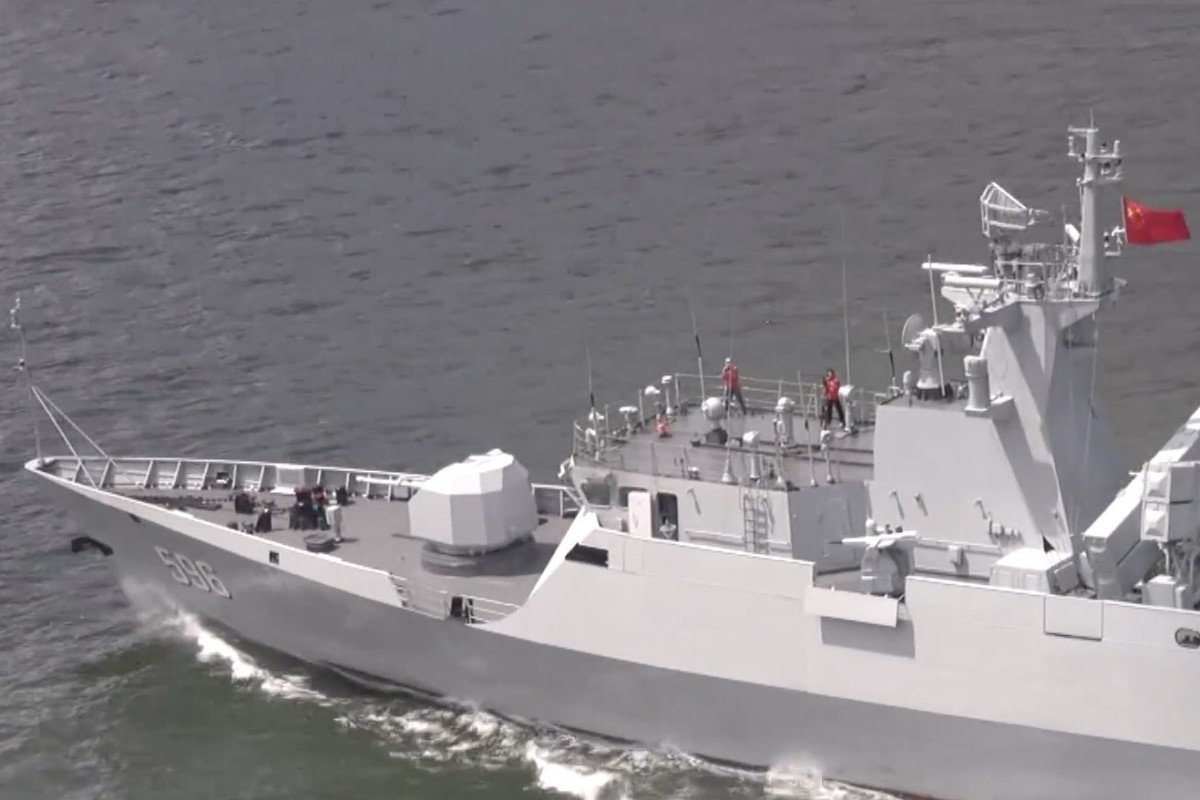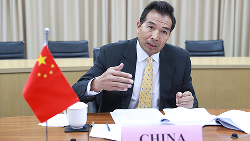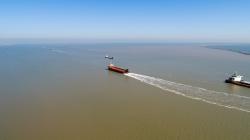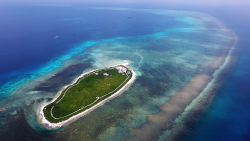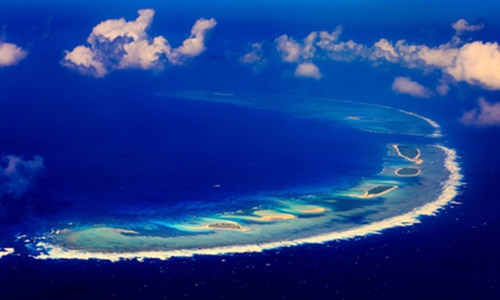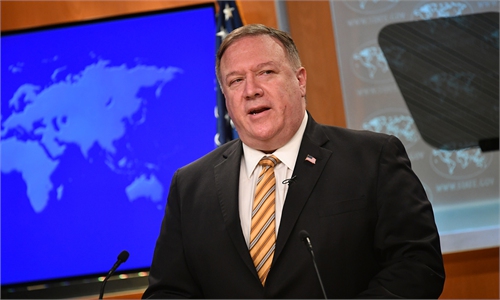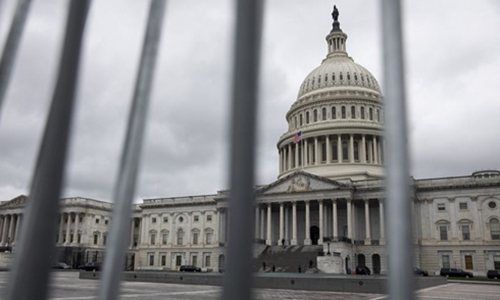AT a recent joint press briefing in Fujian Province with his Chinese counterpart Wang Yi, Malaysia’s Foreign Minister Datuk Seri Hishammuddin Hussein said Wang “is my taiko (big brother)” after he described “Malaysia and China is a family” with broad smiles.
For both phrases, he had spoken in “broken” Mandarin before translating into English himself. And in response, a pleasantly surprised Wang Yi replied promptly in Mandarin “We are brothers”.
While this “big brother” remark on April 1 has sent Chinese social media into frenzy as this was interpreted as Malaysia’s strong respect shown towards China, the world’s second largest economy, it has whipped up a storm back home.
Amid this brouhaha focusing on the propriety of the phrases, the economic gains harvested by Hishammuddin in his refreshing display of charming diplomacy have largely been eclipsed. China’s nod to include Malaysian red palm oil on its import list had missed the news headlines.
In response to local criticisms, Hishamuddin has explained he was being respectful to the Chinese State Councillor and foreign minister, as the latter is older and a more seasoned diplomat. The elder brother is 67 years old, and younger is 59.
Hishammuddin had used this trip to express Malaysia’s appreciation to China for the latter’s help in fighting the Covid-19 pandemic. When the virus first hit Malaysia, China promptly sent masks and other personal protective equipment (PPE) to Putrajaya. Its medical teams also came to share their experience in fighting the noval virus.
In defending himself, the Malaysian top diplomat has argued the act of being respectful does not signify weaknesses.
However, his explanation has provoked more reactions and criticisms. Leading the attack on him are former Foreign Minister Datuk Seri Anifah Aman and Parliamentary Opposition Leader Datuk Seri Anwar Ibrahim.
“As Malaysia’s top diplomat, Hishammuddin should be more circumspect and tactful in his choice of phrase. Instead of trying to justify such wrong choice of phrase, Hishammuddin should have just accepted that he has committed a diplomatic faux pas.
“It was wrong enough to commit a diplomatic faux pas but to argue and try to justify it clearly showed the real character of the person, ” said Anifah, a Sabah leader who had served as foreign minister of Malaysia from 2009 to 2018.
Opposition politician Anwar urged Hishammuddin to apologise to the nation. He said the language and expressions used has put Malaysia as a “boneka” (puppet) to a foreign country.
But whether Hishimmuddin was being careless, commentators with sharp eyes could provide some leads. They pointed out his gestures and body language showed he was sincere with his words.
Chinese commentator Cheng Yue said on his YouTube post: “We can feel that the Mandarin words on ‘you are my elder brother’ was learnt before attending the press event.
“He was smiling as he uttered those words. It was meant for the ears of our government and people, as Malaysia needs Chinese help in its efforts to get its post-epidemic economy back to normalcy.”
Indeed, Hishammuddin is no stranger to the Chinese people. He is remembered as the Acting Transport Minister holding daily press conference at KLIA after the March 2014 disappearance of Beijing-bound MH730 airplane. Many had given thumbs up for his handling of the disaster.
Hishammuddin, who was defence minister during the rule of Barisan Nasional before it was toppled in May 2018, is generally seen to have enjoyed a close rapport with Beijing.
In 2019, when he was in the opposition, he had offered to help track down fugitive billionaire Low Taek Jho, rumoured to be hiding in China. Low was (and still is) wanted to help in the investigations into 1Malaysia Development Berhad (1MDB).
But while criticisms are aplenty for his “taiko” phrase, Hishammudin is not short of support.
Leading Chinese daily in Malaysia Sin Chew Jit Poh opines the Foreign Minister has not committed any wrong by showing respect and friendship to the host.
In its editorial headlined “Calling Wang Yi elder brother will not be self-dwarfing”, Sin Chew wrote last Tuesday: “We do not understand what wrong our Foreign Minister had committed. Did he sign any treaty deemed as insulting to Malaysia? Did he give away our sovereignty?”
The newspaper opposed calls for Hishammuddin to apologise to the country for his remarks. It said: “We have to be more broadminded. In our daily life, we address people we respect as ‘big sister’ or ‘big brother’. What is diplomacy? It is the use of a language skillfully to smoothen the process to achieve our goals in international negotiations.”
In fact, Hishimmuddin’s remarks have won praise from the most powerful Chinese foreign ministry spokeswoman Hua Chunying. In her regular media briefing the following day, she said: “Even separated by a screen, we can feel the warmth and close friendship of the two nations.”
To political observer Professor Dr Chin Yew Sin, the seasoned politician’s remarks could be interpreted from political and economic angles.
“On the one hand, our general election (GE15) is coming soon. From the political angle, he is playing with the China card to woo local Chinese votes. (About 30% of Chinese voters have not decided which party to support in GE15).
“On the other hand, Malaysia needs China to buy more palm oil to help revitalise our economy as it is facing problems with Europe. Post pandemic, we need more Chinese tourists coming. If not, you think Hisham will call China ‘taiko’?” While there may be doubt on China’s influence in GE15, Chin is right on the economic front.
As a government leader, Hishammudin knows the importance of China to Malaysia. The mainland is Malaysia’s biggest trade partner for 12 consecutive years. It has also been a significant source of foreign investment since the Barisan administration.
Despite the pandemic, China’s imports of Malaysian commodities and manufactured goods hit record high in 2020. This has resulted in a bigger trade balance in Malaysia’s favour.
In fact, some people believe Hishammuddin was exuding personal charisma to achieve the national goals for Malaysia.
As China’s economy is in the full swing now after recovering speedily from the pandemic, it is pertinent for Kuala Lumpur to deepen its economic cooperation with Beijing.
Last Wednesday, the International Monetary Fund raised its 2021 GDP growth forecast for China to 8.4%, up from 8.1% in January.
Hence, signing a pact to establish a Malaysia-China High-Level Committee on Post-Covid-19 Cooperation is a wise move, as Malaysia will stand to gain from cooperation rather than confrontation.
At the media briefing on April 1, Hishammuddin said this would “provide policy guidance for all aspects” of relations: trade and investment, food security, science/technology, travel and quality projects under the Belt and Road Initiative.
From this trip, Malaysia achieved a breakthrough in trade. Beijing agreed to allow imports of our red palm oil, which had previously failed to meet China’s colour specification standards. This gain is important as palm oil is a major export and foreign exchange earner for Malaysia.
The Malaysian Palm Oil Council (MPOC) recently projected that China would import 6.8 million tonnes of palm oil this year. Out of this, about 42% would be sourced from Malaysia.
China watchers say if Malaysia wants China to import more, it has to play its diplomatic card right. In this regard, Indonesia has outwitted Malaysia.
According to Xinhua News Agency, Wang said on April 1 China is willing to work with Malaysia to continue to promote high-quality Belt and Road cooperation in the post-epidemic period.
He also expressed China’s willingness to enhance cooperation on Covid-19 vaccine and drug research with Malaysia, adding that the two sides should enhance cooperation in fields including 5G, digital economy and modern agriculture.
According to a Nikkei report, Malaysia will become the second Chinese vaccine production base in the region, after Indonesia. These deals will help to promote greater acceptance of Chinese vaccines in this region and globally.
In this meeting, China and Malaysia also agreed on mutual recognition of “vaccine passports” to facilitate travel. For Malaysia, this will lay the groundwork to restart international tourism.
While the ‘taiko” remarks have caught the eyes of Malaysians and Chinese nationals, they might have also caught Washington’s attention.
On the eve of his visit to China, Hishammuddin received a call from US Secretary of State Antony Blinken, who “affirmed the key role of Asean-centrality in the Indo-Pacific and underscored the importance of promoting freedom of navigation, overflight and other lawful uses of the sea, including in the South China Sea”.
The Malaysian diplomat has described their conversation as “great”.
“Blinken appeared just as enthusiastic about Malaysia’s relationship with China, ” according to a comment by Nikkei.
Given that President Joe Biden has pledged he will prevent China from becoming the world’s “leading” and “wealthiest” country, and Washington is getting all its allies to encircle Beijing, it is no surprise that any activities linked to China will be monitored by US officials.
Asean leaders have generally chosen to stay neutral in the US-China confrontation. But they have to engage more with China – their closer neighbour that is overflowing with economic opportunities.
In fact, Wang’s meeting with Hishammuddin was part of his meetings with three other Southeast Asian nations from March 31 to April 3. The foreign ministers of Singapore, Indonesia and the Phillipines had held meetings with Wang separately on different days.
Wrapping up his series of meetings with the four Asean nations, Wang Yi told China’s state media that he has called on Southeast Asian nations to be on the alert for external forces interfering in coup-hit Myanmar, as its junta faces rising international pressure to return democracy to the people.
On these Asean meetings, the Global Times of China opines Beijing is overcoming US attempt at “encirclement.” It said:
“It is actually very easy to break the so-called US encirclement. This encircling of China is a false proposition put forward by those who think too highly about themselves.”
Related posts:









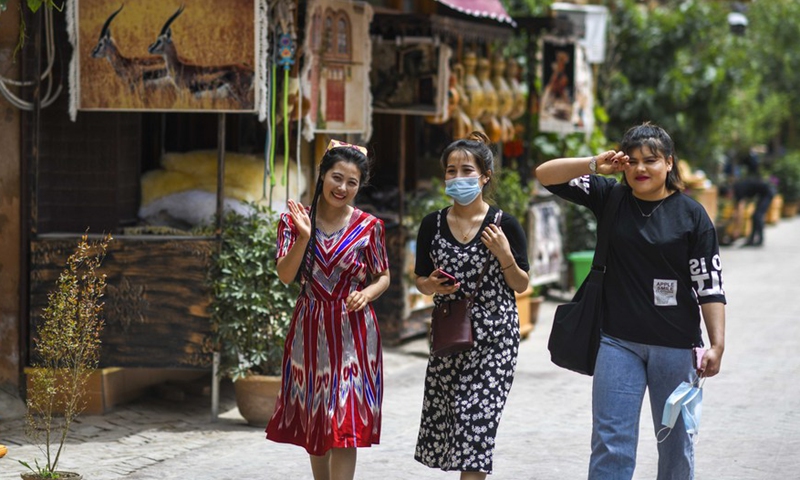
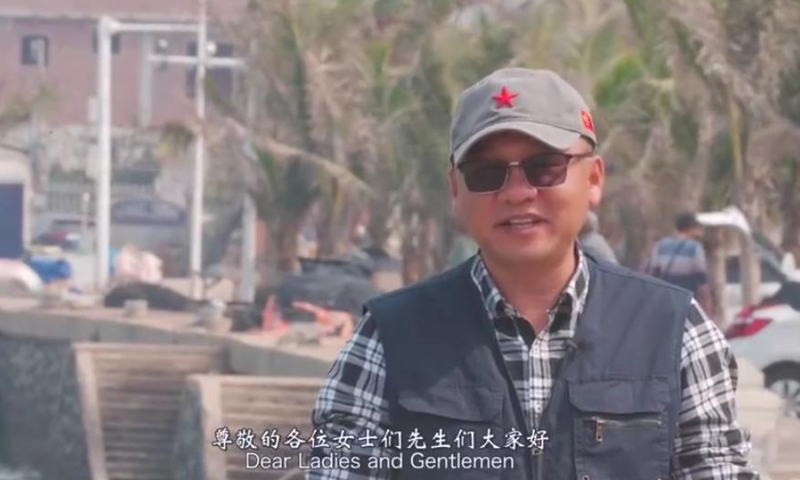
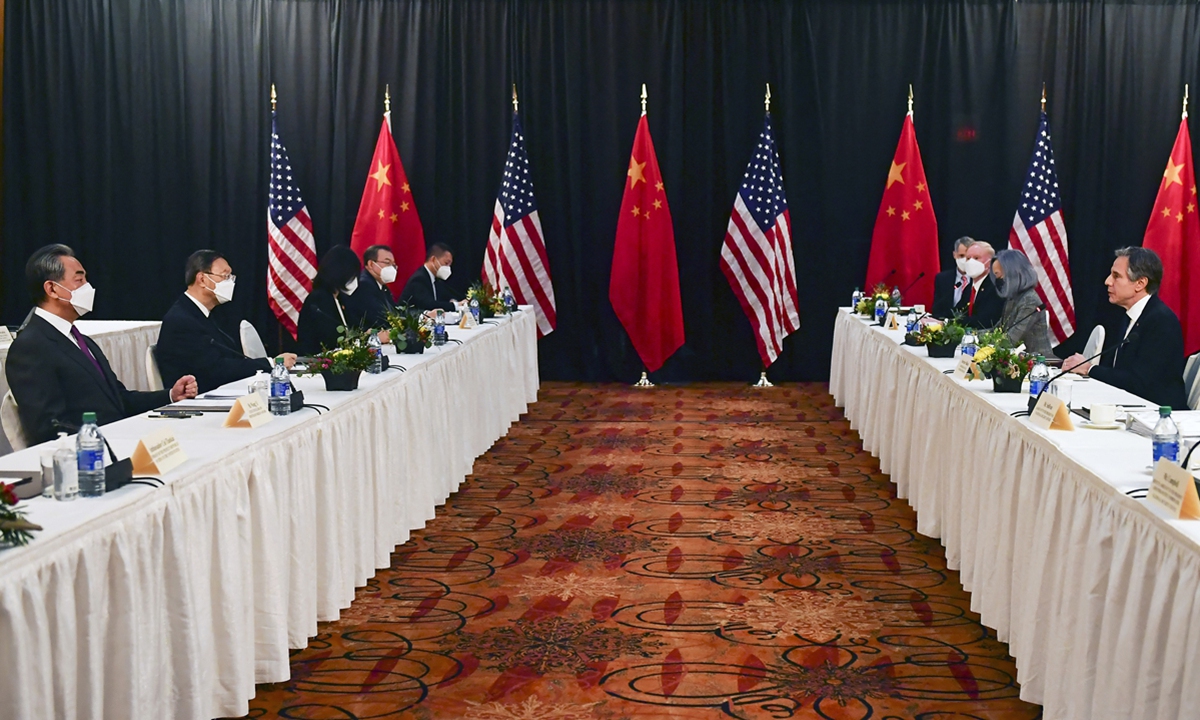
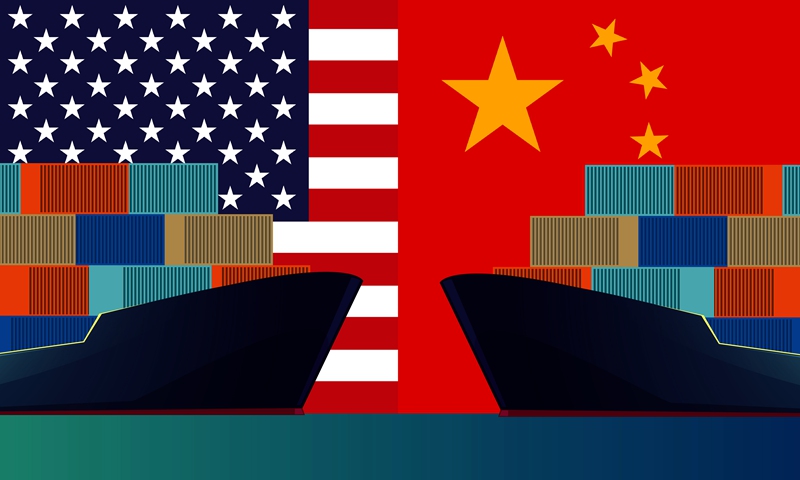

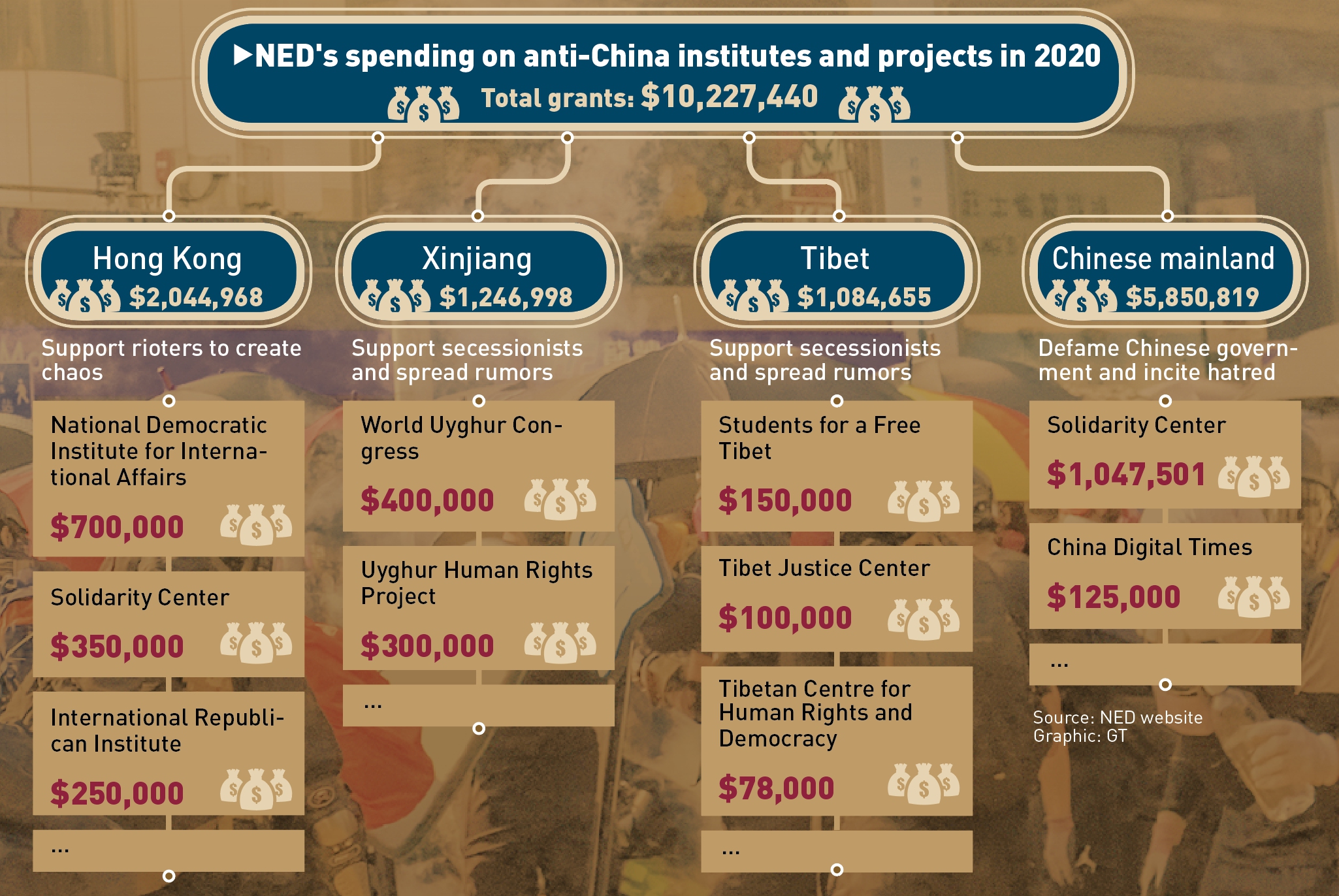


 by Ravi Velloor, is an associate editor at The Straits Times, a member of the Asia News Network (ANN) which is an alliance of 24 news media entities. The Asian Editors Circle is a series of commentaries by editors and contributors of ANN.
by Ravi Velloor, is an associate editor at The Straits Times, a member of the Asia News Network (ANN) which is an alliance of 24 news media entities. The Asian Editors Circle is a series of commentaries by editors and contributors of ANN.